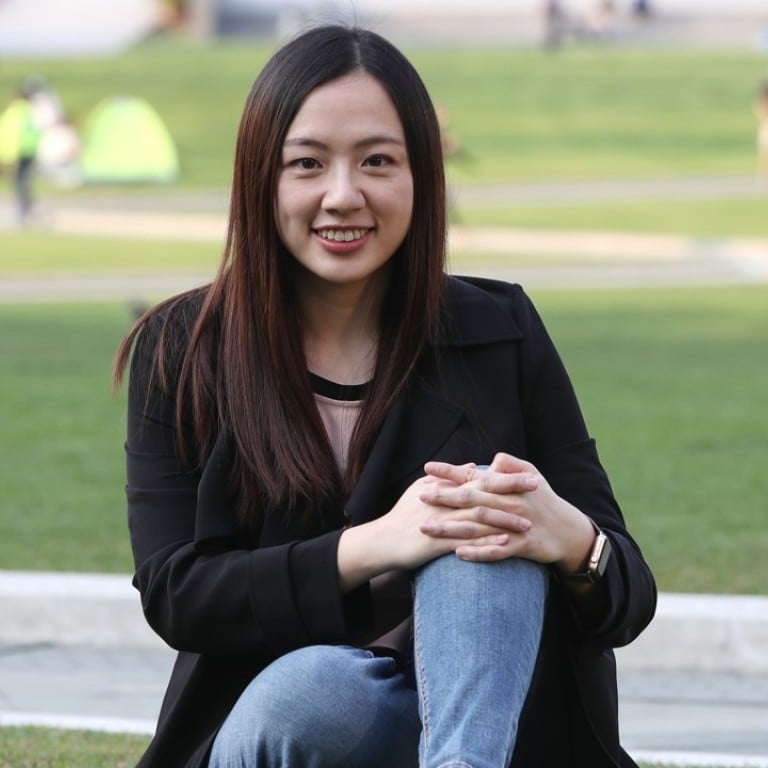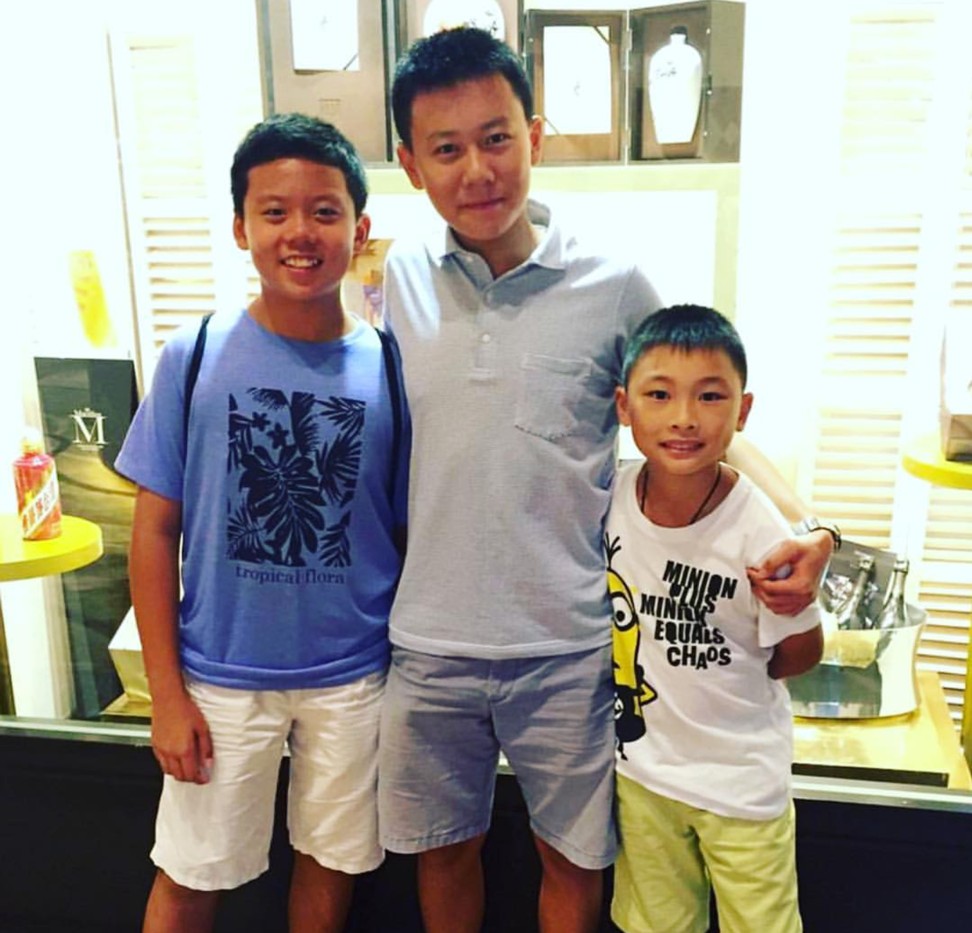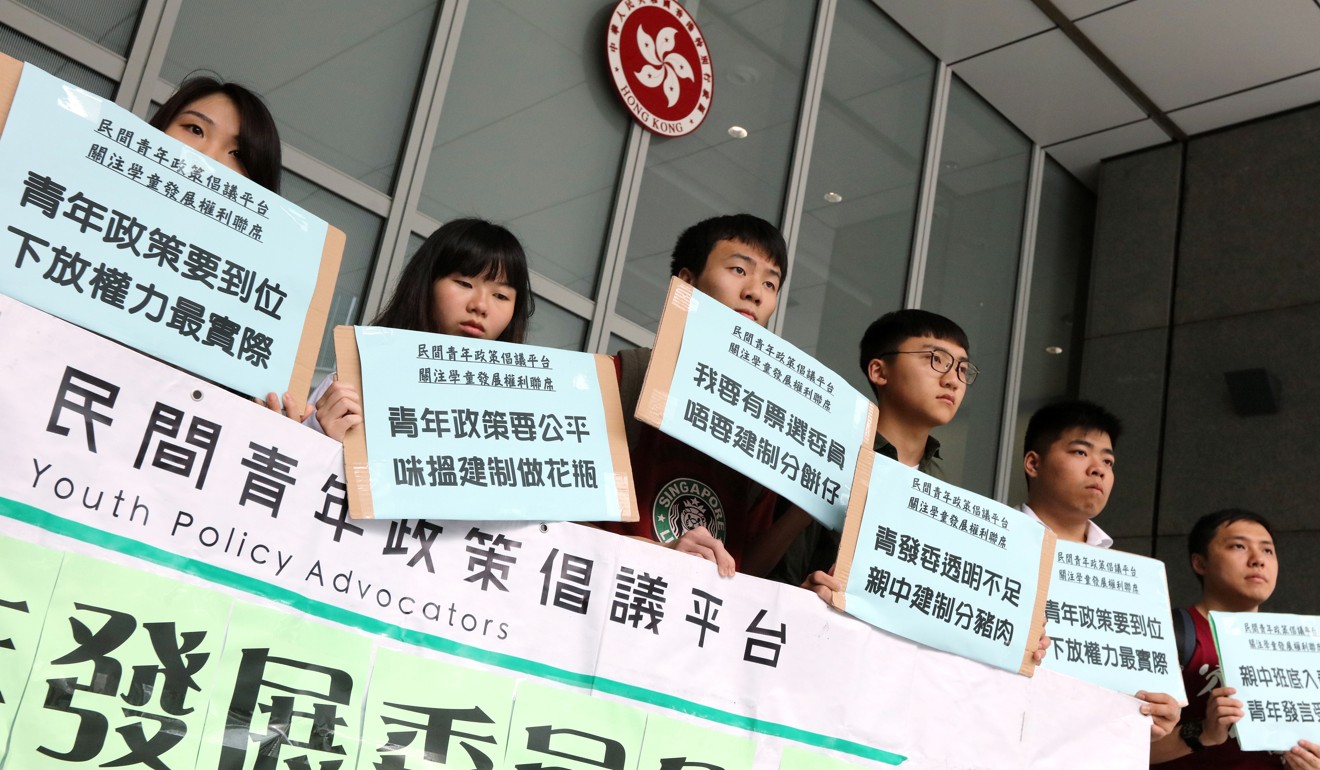
Time for Hong Kong to stop talking down to its youth: advisory body is only a start
If these disputes are not properly settled, they risk being escalated into larger issues that might weaken the government’s credibility and raise questions about its legitimacy.
It is evident that the best way to inspire our youth to show more support for government policy initiatives is to rebuild dialogue and trust. The existing top-down and institutionalised channels, like the Youth Development Commission, are sound but suffer from some limitations.

Hand-picked youth commission 'won't understand grass-roots suffering'
The government should incorporate more youth representatives from diverse backgrounds into its committees. This need not mean that more young members have to be recruited. Instead, it should include members who are sympathetic to comprehending the concerns and ideas of young people in Hong Kong.
Tensions that gave rise to Occupy still need to be addressed
The challenge of diversifying opinions and views throughout the policymaking process remains a genuine mission for the government.

Hong Kong localism off the agenda for new youth panel
It is hoped that through active and enthusiastic youth engagement, the Hong Kong government can promote diverse representation and facilitate better understanding and the resolution of mutual concerns, as well as unleash greater originality and innovation.
Collaborations among the old and the young can definitely benefit Hong Kong. This is the missing piece of the puzzle for our dysfunctional city.
Adrian Lam, Tai Koo

